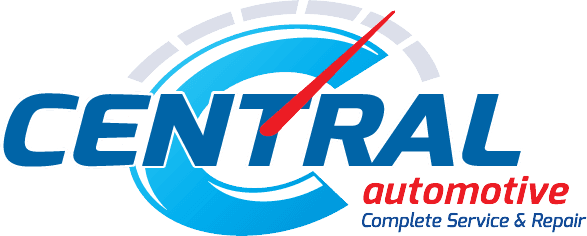Kent service centers have a menu board that lists the services they provide. Some Kent drivers may not be familiar with all of the items on the board so here is a quick description of some of the typical services that might be listed.
Central Avenue Automotive fuel system cleaning: Over time, the SUV fuel system gets gum and varnish built up. A fuel system cleaning gets rid of that and cleans out the fuel injectors. Saves gas, by the way.
Central Avenue Automotive headlamp replacement: Halogen and standard headlamps gradually fade. It’s usually good to change them every year or so.
Central Avenue Automotive inspections: Kent drivers get inspections for many reasons. Maybe they’re going on a trip or just want to make sure their vehicle’s ready for WA summer or winter. Maybe they just bought a used SUV and want to give it the once over. An inspection may reveal some things that are broken or are getting close to having a problem.
Central Avenue Automotive oil change: – there are several options: Some Kent centers offer just an oil change and new filter as an option. Most will also check and top off all of your other fluids and do a quick visual inspection with a full service oil change. In my way of thinking, the full service option is best because it makes sure you have adequate fluids and may uncover an emerging problem. There may also be options for higher mileage fluids or an upgrade to synthetic oil.
Central Avenue Automotive PCV valve replacement in Kent: PCV stands for Positive Crankcase Ventilation valve. It’s a little part that releases pressure from the engine. It can get gummed up and that can lead to engine damage. Just needs to be changed now and then.
Central Avenue Automotive power steering service: Often overlooked. Your considerate Central Avenue Automotive technician will evacuate the old fluid, clean out the system and replace it with clean fluid. Keeps the SUV system running well for a long time.
Central Avenue Automotive serpentine belt service: That’s the belt that powers the SUV engine’s accessories like the alternator, air conditioner, power steering and brakes. You’ll want to replace the serpentine belt before it breaks, because that’ll shut you down.
Central Avenue Automotive shocks and struts: This starts with an inspection of the suspension components. Shocks last a long time and wear out slowly, so many Kent people don’t notice when it’s time to change them. If they’re worn or leaking, they need to be replaced.
Central Avenue Automotive transmission service: This involves removing the transmission fluid and replacing it with clean fluid. It’s like an oil change for your transmission.
Central Avenue Automotive tire rotation and wheel balancing: The tires are rotated from front to back using the recommended rotation pattern. This helps tires wear more evenly. Wheels need to be balanced from time to time to keep them turning without any wobble or bounce. Helps the ride and saves tire wear.














